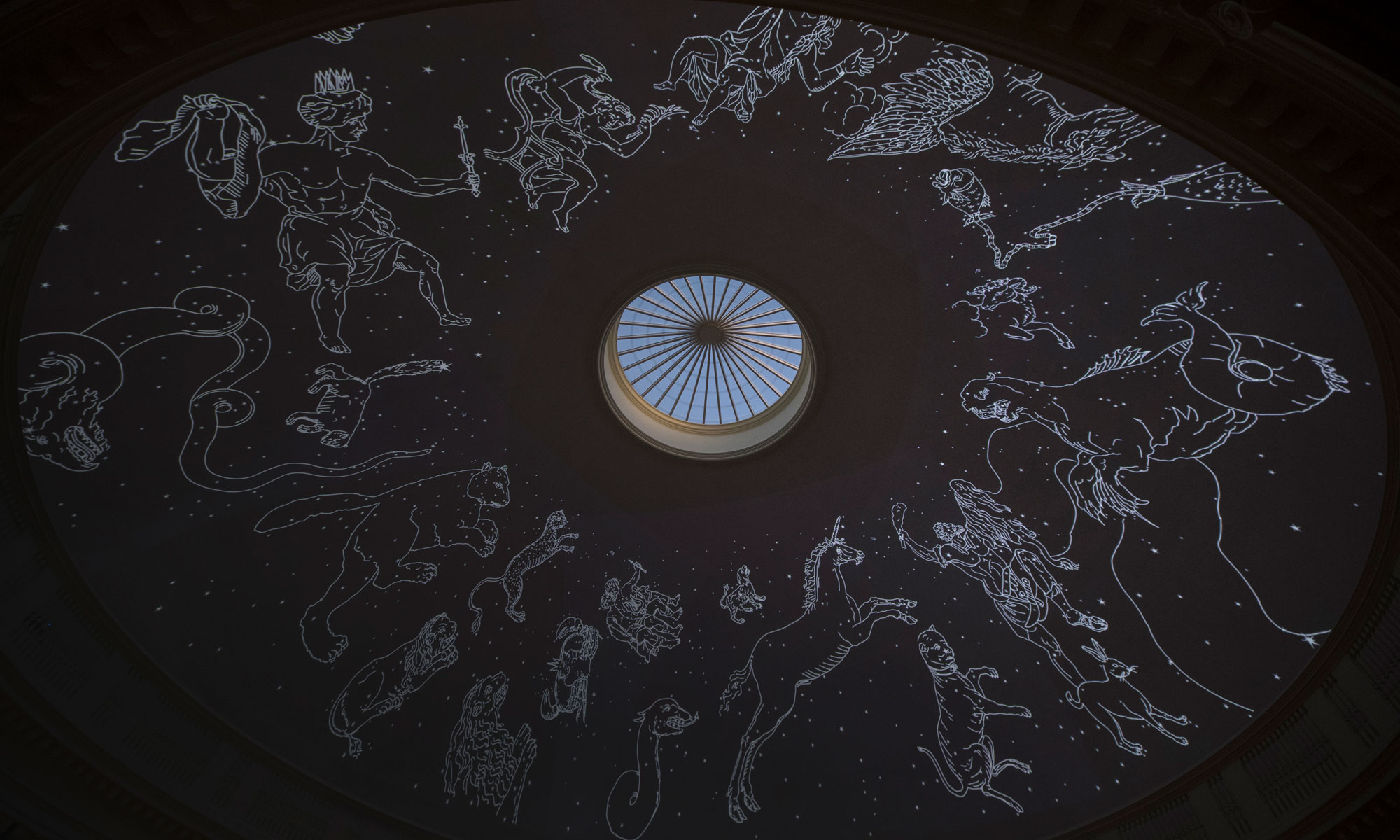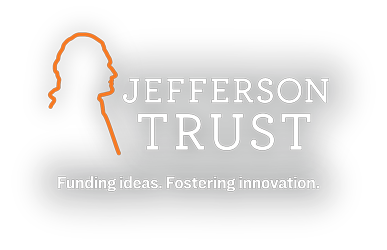
For over 40 years, alumni have entered Alumni Hall and seen a smiling, familiar face. Since the 1980s, students have seen him walking across the Lawn and welcoming them into one of the three Pavilions he has called home. Wayne Cozart is a fixture of the UVA and alumni communities, always sporting an orange and blue tie. Alongside his wife, Vice President for Student Affairs Pat Lampkin, Wayne’s introductions to undergraduate students have transformed into decades-long relationships.
For him, the student experience and alumni experience are part of one seamless relationship and reflect his appreciation for the unique character of UVA men and women. He fell in love with the concept of student self-governance in his early days at the University. When he moved to Alumni Hall, it was only fitting he extended this concept into “alumni self-governance.” Wayne’s belief in the individual and their abilities, combined with his belief in what is possible for UVA, made him the ideal person to lead the Jefferson Trust for the past eleven years.
At the end of 2020, Wayne will retire from the Trust, leaving a legacy of impact and advancement.
One of the Trust’s original trustees, Sharon Owlett, who rejoined the board after her original term ended, has seen the organization transform under Wayne’s leadership. She remarked, “All of us know what a memorable working relationship looks and feels like: your visions sync, you build on each other’s strategies, you solve each other’s problems, you even share the same sense of humor. What you create is always something in which to take pride in. Those of us lucky enough to work with Wayne throughout his tenure on the Trust have had the gift of that kind of relationship with him. The Trust as it stands today is a testament to his ability to bond with a disparate, diverse group of people to weave us all together to build something great.”
Building synergy and community is what has helped make the trustee experience so unique. These elements are a core part of Wayne’s leadership style and have had a direct impact on the fund’s successes.
Reflecting on his tenure, Wayne notes, “During my time leading the Jefferson Trust, it has transitioned from a brilliant idea by the Alumni Association into a flourishing endowment with assets of $36 million. Thanks to the commitment and philanthropy of the Trustees, the Trust has been able to have a major impact on the lives of students and faculty.”
Both the Trust’s endowment and annual grant amount have more than doubled during Wayne’s tenure. His stewardship, mentorship and friendship have positioned the organization toward continued success.
When asked to reflect on his time at the helm, Wayne instead opines on what’s possible for the organization moving forward: the grants, gifts and global impact he knows will shape the University. He says, “In the future, the entrepreneurial spirit of the Trust will take the University of Virginia to new heights further enhancing the Thomas Jefferson’s vision of a great university.”
It is a process, culture and vision we can all rally behind, and a challenge we humbly accept.











